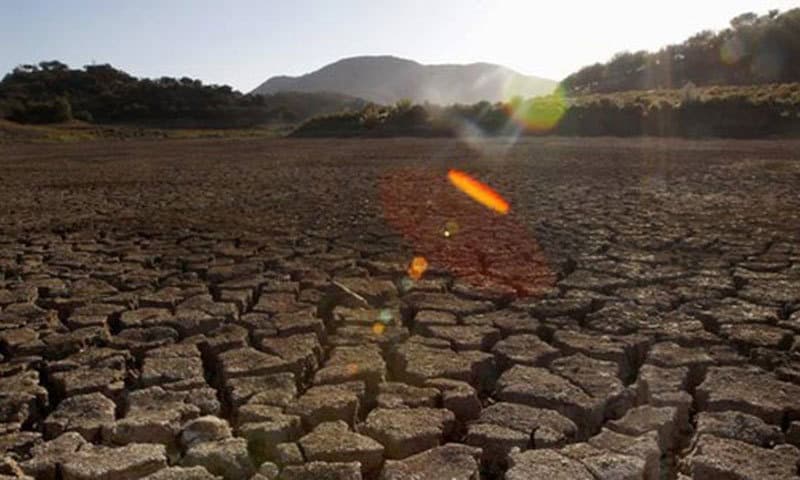KARACHI (Staff Report) – Experts have identified energy, water and agriculture as three major sectors most likely to be affected by the impacts of climate change in the country demanding adaptation as an
approach to address the situation.
Addressing the 14th meeting of the National Coordination Body of the Mangroves for the Future Programme (MFF), organized by IUCN, the International Union for Conservation of Nature, here Tuesday they said there was also a dire need to activate the national policy to combat the drastic impacts posed by climate change.
Arif Ahmed Khan, Secretary, Ministry of Climate Change on the occasion drew attention to the seriousness of the climate change issues calling for the urgent need to make use of the climate change
policy of the government.
He said that climate change had been occurring for thousands of years but at present it is more human-induced than natural and fast emerging as a serious issue that could not be ignored.
Citing abrupt weather patterns, extreme events, such as the Karachi heatwave and recent snowfall in Naran as some of the indications of changes in the climatic systems, he stressed upon the energy sector to come forward to combat against climate change.
“This has to be urgent, as most fossil fuels would likely dry up over the next couple of decades,” said Khan. Mentioning that drastic impacts would also be faced by the water and the agriculture sector, he added that Pakistan had already started witnessing the implications.
Syed Mahmood Nasir, the Inspector General of Forests, Ministry of Climate Change urged that establishment of Marine Protected Areas is mandatory to fulfil country’s international commitments.
Adding to this, Mahmood Akhtar Cheema, Country Representative, IUCN Pakistan said there were over 250 or so protected areas in Pakistan, that may appear protected on paper but are not so on the ground.
“Their management remains a big question and calls for proper attention so that such areas are legally and administratively well-protected even on the ground,” said the environmentalist. Cheema also spoke about the possibility of transboundary initiatives between Pakistan and Iran, with special emphasis on
wetlands.
Syed Ghulam Qadir Shah, National Coordinator of MFF Programme in his detailed presentation highlighted the progress made under the MFF programme in Pakistan.
He emphasized the need for the involvement of the private sector in addressing coastal issues and influencing their policies towards sustainable businesses operation. MFF Program Coordinator said MFF could provide matching funds up to US $ 25000 to support any initiative sponsored by a private sector
organisation to address coastal management and livelihood issues. MFF is a partnership based regional initiative to promote investment in coastal ecosystem conservation for sustainable development.
The National Coordination Body, representing government, civil society and private sector organisations, that recommended for establishment of marine protected areas in Pakistan and oversees the implementation of MFF Programme in Pakistan, has already identified Churna Island and Miani Hor as the two potential sites.
Syed Ghulam Qadir Shah mentioned that MFF Programme supports investment in conservation of coastal ecosystems and coastal livelihoods through its grant programme and capacity building in integrated coastal management.
















